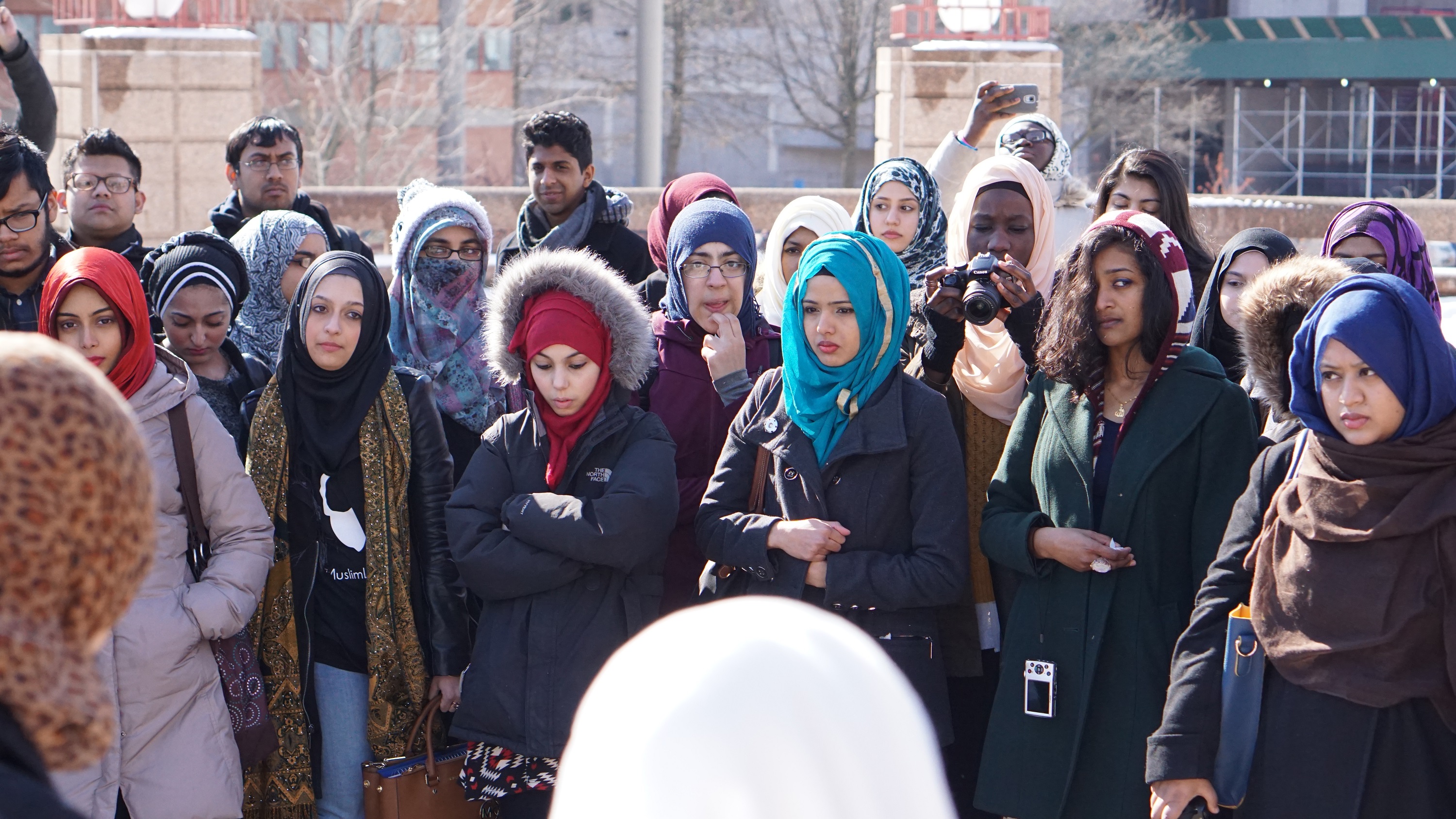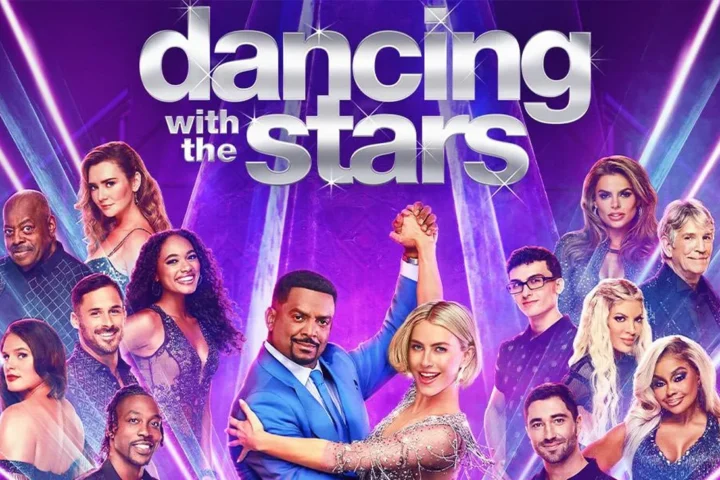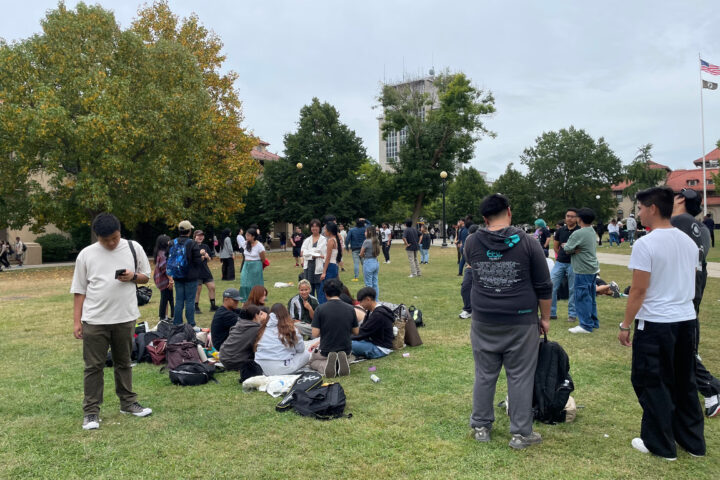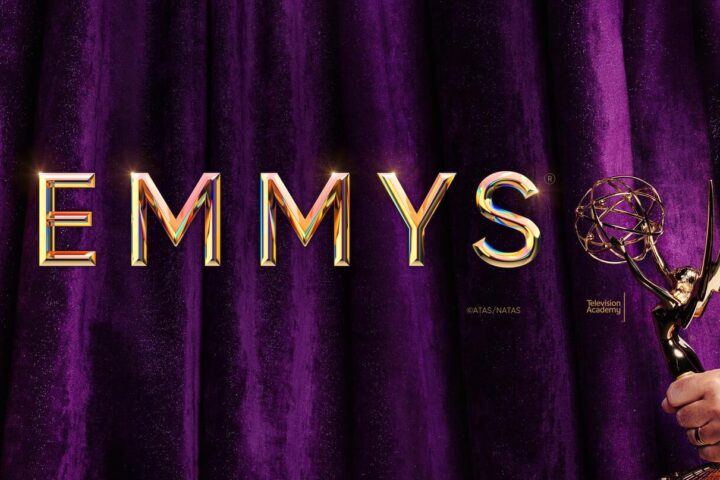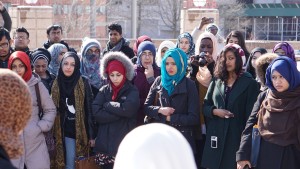
Queens College students honored the lives lost at Chapel Hill, North Carolina in a candlelight vigil on Feb. 18 with a wide attendance of students and faculty members.
Groups such as the Muslim Student Association, Project Sunshine and Amnesty International helped organize the event. Guest speakers included Afaf Nasher and Ibrahim Mossallem, both members of the Council on American-Islamic Relations.
“Our parents came to this beautiful country to establish and give us opportunities they didn’t have from wherever they came from,” Mossallem said. “Now it’s on us, you’re all doing the right thing—educating yourselves. Don’t stop whether you’re 15 or 62, keep on educating yourself and understand how to make a difference in this world.”
Deah Barakat, Yusor Abu-Salha and Razan Abu-Salha were the three young Muslim students who were fatally shot on Feb. 10 near their apartment complex at Chapel Hill. Initially, there were claims about the murder committed over a parking dispute; however, reports later revealed the shooter was anti-religion and threatened the victims beforehand.
Muslims all around the world were outraged by this incident and the series of hate crimes that followed.
Just days after the murder, some Islamic centers and mosques in the U.S. were vandalized and, in some cases, burned down. Muslim women in the U.S. wearing the hijab were followed and threatened.
QC Muslim students were cyber-bullied as well when news organizations such as Yahoo! News and the Associated Press posted their coverage of the vigil.
While some people continuously threatened Muslims, others defended Islam and promised the legacy of these three individuals would live on.
“We are not here today to contemplate hatred against certain people or certain institutions, but to remind each other the tragic consequences of hate despite whatever person. Hate does not discriminate. Once it takes place in one’s heart, it emerges anytime, anywhere, without any discrimination,” said Dr. Ali Mermer, chaplain of the Muslim Student Association.
All three victims were passionately active in their community and constantly aimed at developing theirs and others globally.
“As I look around, I see people today from different religions, cultures, ethnicities, but what’s that one thing that unites all of us? Humanity,” Fatima Malik, founder of the Amnesty International chapter, said. “We live in a world surrounded by hatred and violence. But we cannot let our hatred overcome our humanity nor what happened to reoccur.”
At the vigil, a documentary of Bakarat’s journey to Palestine was shown, where she was helping those in need of medical care.
The speakers spoke about how passionate the victims toward the less fortunate.
“Together, Deah and Yusor were part of the team that founded the ‘United Muslim Relief’ which provides relief and aid to communities around the world. No matter what they did, or where they went, the intent to help those less fortunate always manifested itself in the actions of the three of them.” Aadil Ilyas, President of Project Sunshine and Students for Justice in Palestine, said.
Khalil Noory, president of the Muslim Student Association, spoke about religious diversity in New York City, along with freedom of religion.
“We must strive to make America safe for all regardless of religious, racial and sexual orientation. These acts cannot be tolerated in a land as great as the U.S. and must be a shining example for the rest of the world. Our three winners spent a short amount of times in this world but left behind a tremendous legacy,” Noory said.
Toward the end of the event, students gathered near the Rosenthal Library for a candlelight ceremony in honor of the three victims. Quranic verses were recited and students placed their candles in the shape of a heart symbolizing togetherness and mutual respect.
Students then signed an autographed book for the victims’ families. Donations can still be made to the Syrian Dental Relief Fund on youcaring.com in which Deah participated in largely. After the shootings, the fund surpassed its goal of $20,000 by reaching more than $400,000.
“While their murder was in fact senseless, we must remember today that we can still extract some sense from the example of their lives and even sense of their death,” Nasher said. “Are we going to use their deaths as an excuse to fill our own hearts with the same type of hate and ugliness that overwhelms their killer or are we going to use it as an inspiration?”


